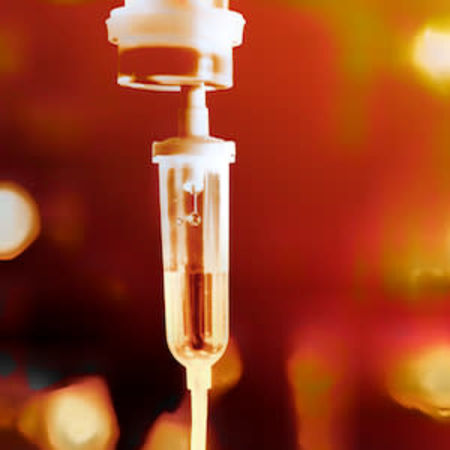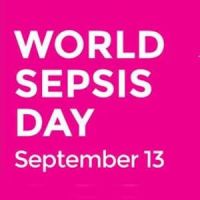Sepsis is a life threatening condition with an estimated 49 million cases worldwide and 11 million deaths. It involves organ dysfunction due to a dysregulated host response to infection. Sepsis continues to be a global health issue and is is responsible for approximately 20% of annual global deaths.
Sepsis is typically managed through intravenous antibiotic therapy, source control of infection, fluid resuscitation and vasopressor administration. Organ support is provided through mechanical ventilation and renal replacement therapy. Norepinephrine is usually the first choice vasopressor.
Several early trials have indicated the beneficial effects of intravenous vitamin C in patients with sepsis and septic shock. Administration of vitamin C may have a sparing effect on vasopressor requirements and has also been shown to improve sequential organ failure assessment (SOFA) scores and decrease ICU length of stay and mortality. The World Health Organization has also highlighted vitamin C as a potential adjunctive therapy for patients with critical COVID-19. However, some trials show no benefit of vitamin C on SOFA scores, ICU stay or mortality. Therefore, the evidence is mixed.
In this study, the researchers aimed to determine the effect of intravenous vitamin C administration on vasopressor requirements and other outcomes in patients with septic shock. Forty patients with septic shock were included in the study and were randomised to receive intravenous vitamin C at a dose of 25 mg/kg of body weight every six hours or placebo for up to 96 hours or until death or discharge.
The primary outcome of the study was intravenous vasopressor requirements. Secondary outcomes included SOFA scores, ICU and hospital length of stay and mortality.
As per the results, the mean duration of intravenous vasopressor infusion was 48 hours in the vitamin C group and 54 hours in the placebo group. The dose of vasopressor delivered and SOFA scores were also comparable between the two patient groups. The median length of stay in the ICU was 3.8 days in the vitamin C group and 7.1 days I the placebo group while median hospital length of stay was 18 in the vitamin C group and 22 in the placebo group. Mortality was also comparable between the two groups.
Overall, these findings show that intravenous vitamin C did not provide significant decrease in the mean dose or duration of vasopressor infusion.
Source: Critical Care
Image Credit: iStock
References:
Rosengrave P, Spencer E, Williman J et al. (2022) Intravenous vitamin C administration to patients with septic shock: a pilot randomised controlled trial. Crit Care 26.


























